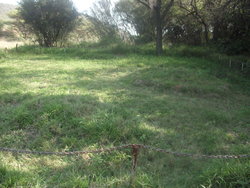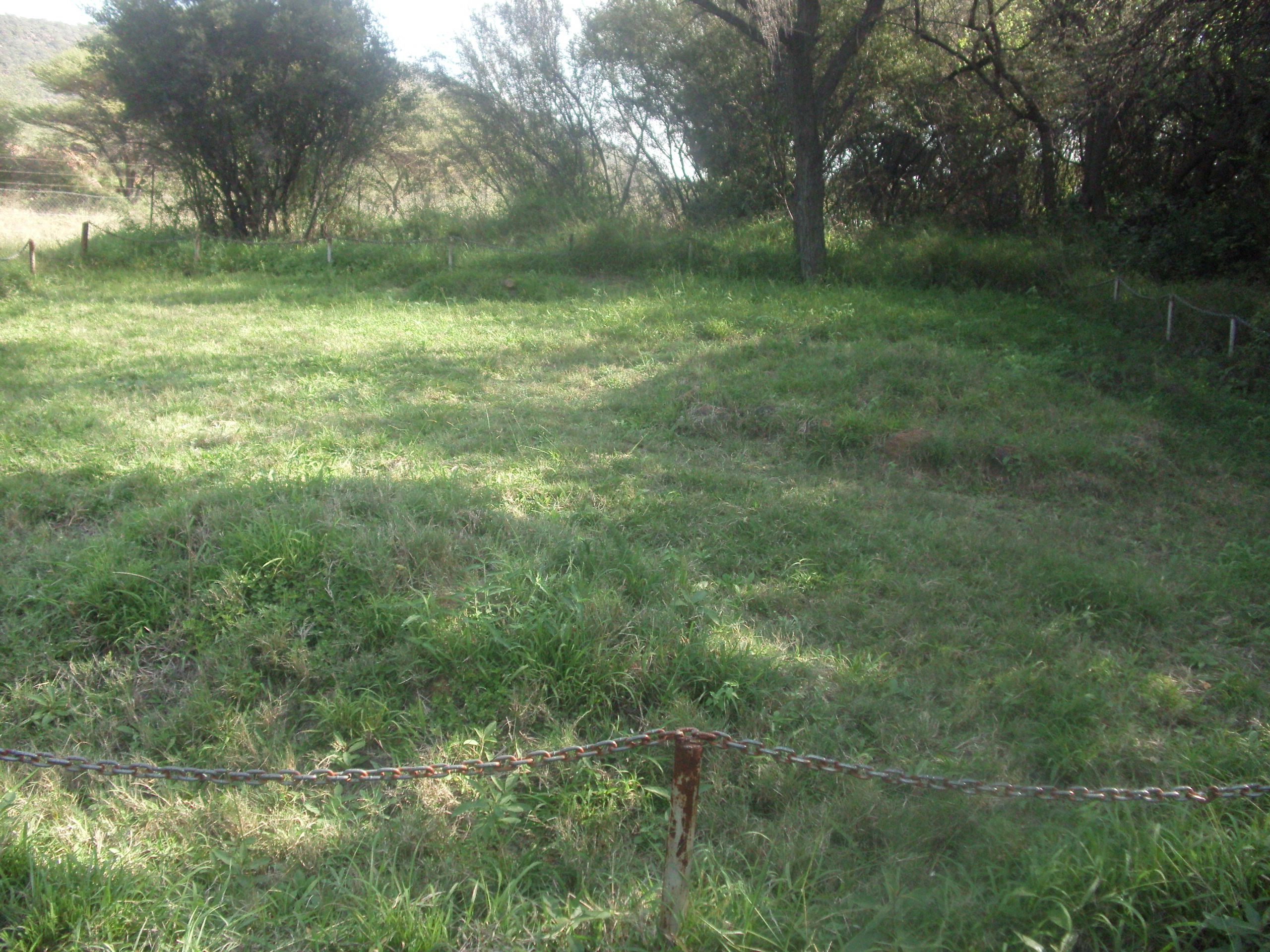(Kolobeng: Koe-loe-BENG)
(Bakwena: Bah-KWEN-uh)
(Molepolole: MOE-lee-poe-LOE-lee)
(Kumakwane: Koo-mah-KWAH-nee)
Some Setswana notes:
A "kwena" is a crocodile. The prefix "Ba-" means "people" (plural). The Bakwena tribe are the "crocodile people." If you were to go to the kgotla (tribal court) in Molepolole, you would see crocodiles painted on the kgotla walls.
The suffix "-eng" means "land of" or "place of."
"Kweneng" district (Kwena + eng) means the land of the Bakwena people, or place of the crocodiles.
Kolobeng (Koloba + eng) means "place of the wild pigs."
Elisabete le rona, re le dumedisa mo leinang la Kgosi Jesu.
(Kolobeng: Koe-loe-BENG)
(Bakwena: Bah-KWEN-uh)
(Molepolole: MOE-lee-poe-LOE-lee)
(Kumakwane: Koo-mah-KWAH-nee)
Some Setswana notes:
A "kwena" is a crocodile. The prefix "Ba-" means "people" (plural). The Bakwena tribe are the "crocodile people." If you were to go to the kgotla (tribal court) in Molepolole, you would see crocodiles painted on the kgotla walls.
The suffix "-eng" means "land of" or "place of."
"Kweneng" district (Kwena + eng) means the land of the Bakwena people, or place of the crocodiles.
Kolobeng (Koloba + eng) means "place of the wild pigs."
Elisabete le rona, re le dumedisa mo leinang la Kgosi Jesu.





